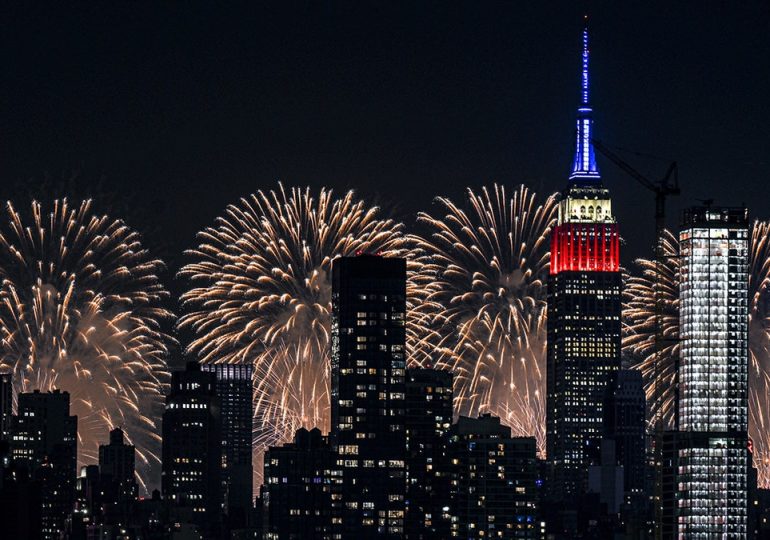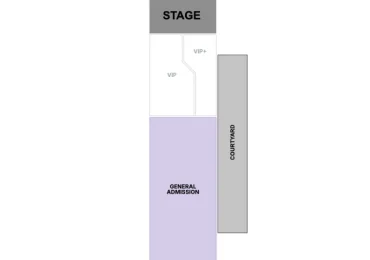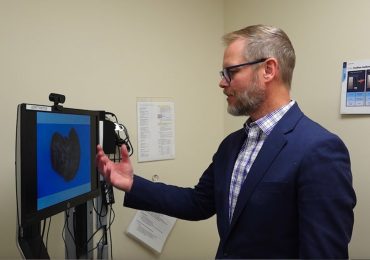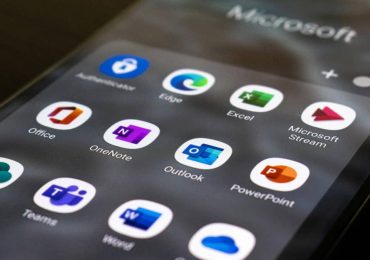The Fourth of July should be a day for all Americans to celebrate our nation’s birthday.
But for some, especially America’s heroes, celebratory traditions like setting off fireworks can be mentally and emotionally grueling.
Research has shown that fireworks can trigger PTSD symptoms, as detailed in a 2020 blog post published by Penn Medicine News.
WHAT IS PTSD? SYMPTOMS THAT CAN EMERGE AFTER EXPERIENCING A TRAUMATIC EVENT
As the explosives are usually set off at night, with bright flashes and loud bangs that come at inconsistent intervals, veterans may struggle with these celebrations.
In an interview with Fox News Digital, Florida family physician and former Navy Officer Dr. Christopher Scuderi offered tips for people with PTSD to prepare for the sudden, loud noises of the Fourth of July holiday.
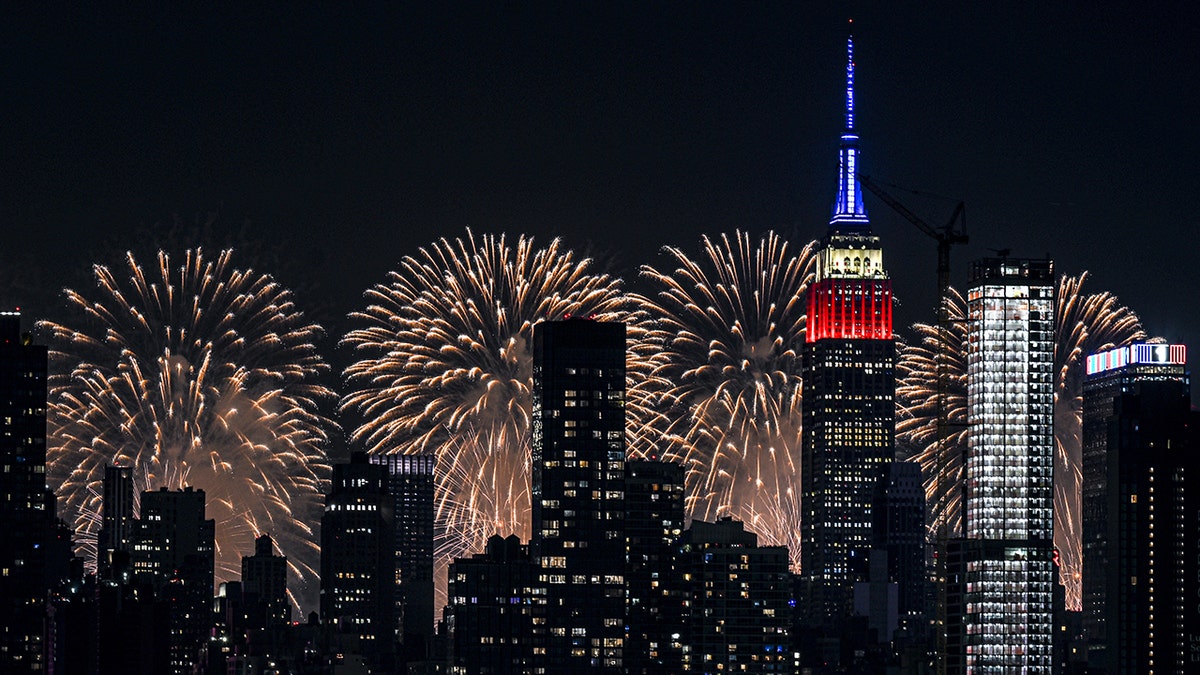
Independence Day is celebrated with fireworks over the Empire State Building in New York City on July 4, 2023. (Fatih Aktas/Anadolu Agency)
Here are four.
1. Talk to neighbors
PTSD sufferers should ask their neighbors if they plan to set off fireworks so they aren’t caught off guard if it does happen, Scuderi said.
In a previous interview with Fox News Digital, Dr. Tony Brooks, a combat veteran based in Everett, Washington, also recommended having this “simple human-to-human conversation.”
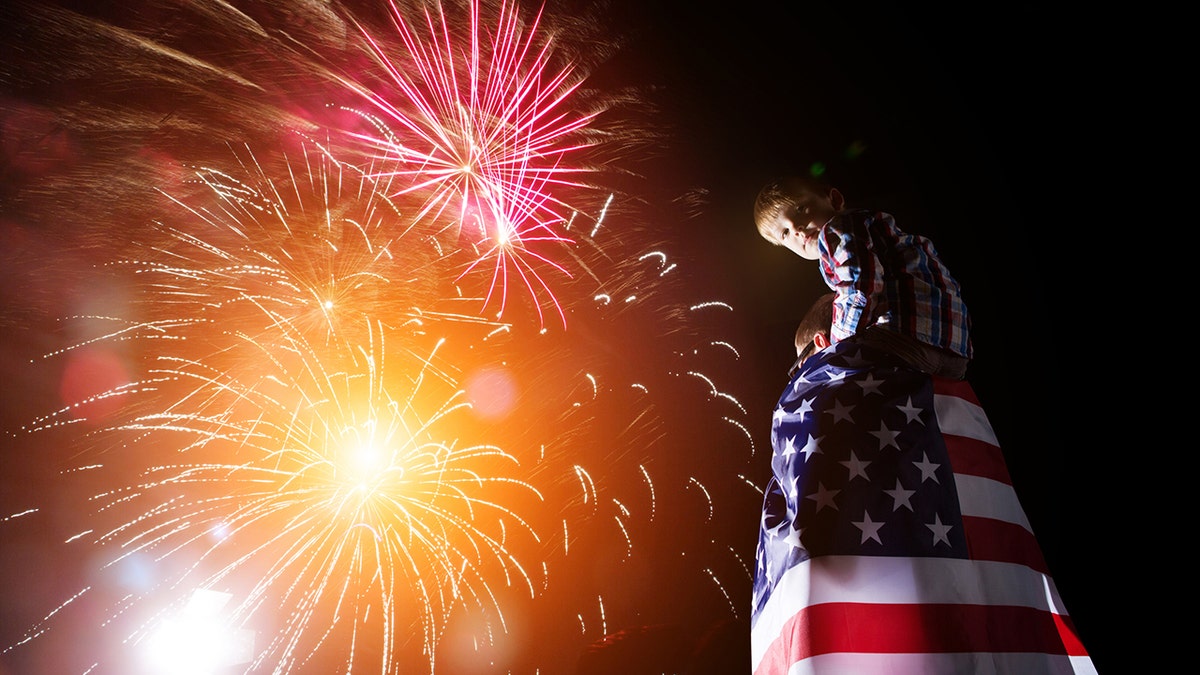
Speaking with neighbors about their firework plans can bring mental relief to veterans, experts say. (iStock)
He recommended that anyone planning to set off fireworks brings up the topic casually in conversation.
This step offers an opportunity for others to voice their concerns without forcing them to admit something they may wish to keep private.
FDA PANEL REJECTS MDMA-ASSISTED THERAPIES FOR PTSD DESPITE HIGH HOPES FROM VETERANS
Veterans who have issues with fireworks will most likely speak up if they’re mentioned, according to Brooks — even if the response is as simple as, “I’m not a fan of them.”
2. Gear up
For veterans who will be indoors, Scuderi recommended darkening the room, as well as using ear protection, such as foam earplugs or noise-canceling headphones, while fireworks are going off.
“Have some items around the house that can help with self-care before the holiday that will center you if you are exposed to loud noises,” he advised.
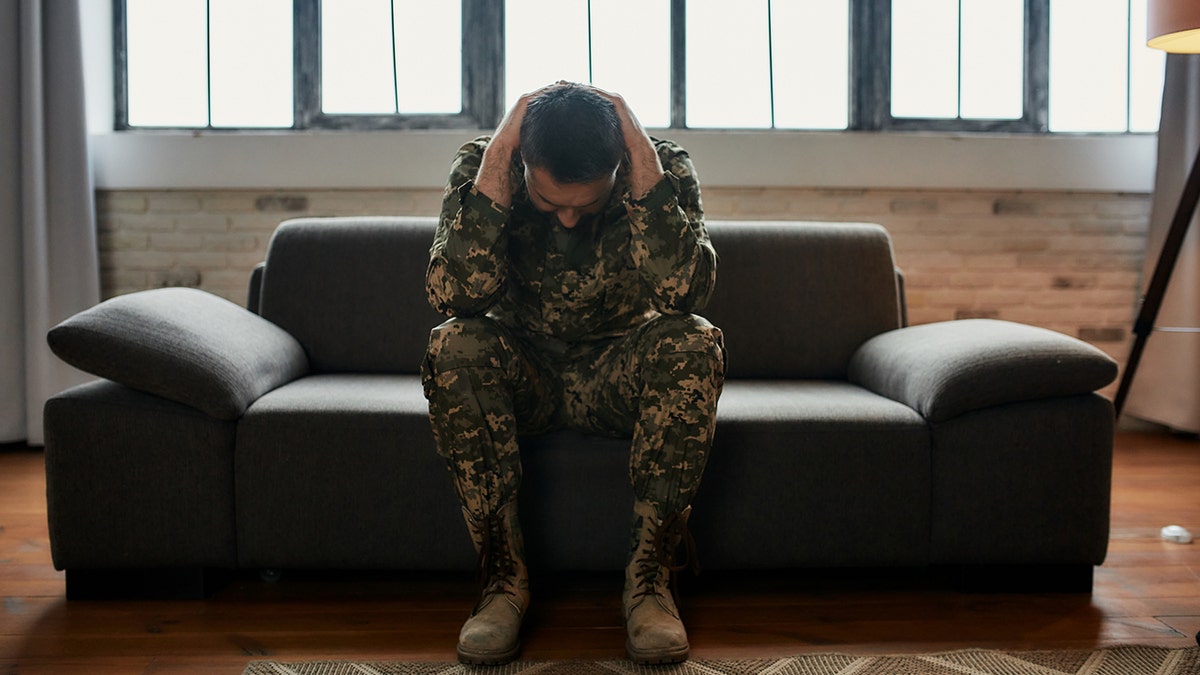
One expert suggested using earplugs or noise-canceling headphones while fireworks are going off. (iStock)
For those planning on being out in the evening, Scuderi suggested having a designated driver in case triggers occur.
3. Practice relaxation techniques
Having self-soothing methods on deck during stressful times can be helpful, according to Scuderi.
This might include deep breathing exercises to calm the nervous system or other mindfulness techniques, like mindful eating using “all of your senses (how does the food look, smell, feel),” Scuderi said.
AS 4TH OF JULY APPROACHES, HERE’S WHAT TO KNOW ABOUT VETERANS, PTSD AND FIREWORKS
“Sometimes the 5-4-3-2-1 sensory exercise can help with recentering,” the physician said.
“What are five things you can see, four things you can hear, three things you can feel, two things you can smell, and one good or grateful thing you can say about yourself?”
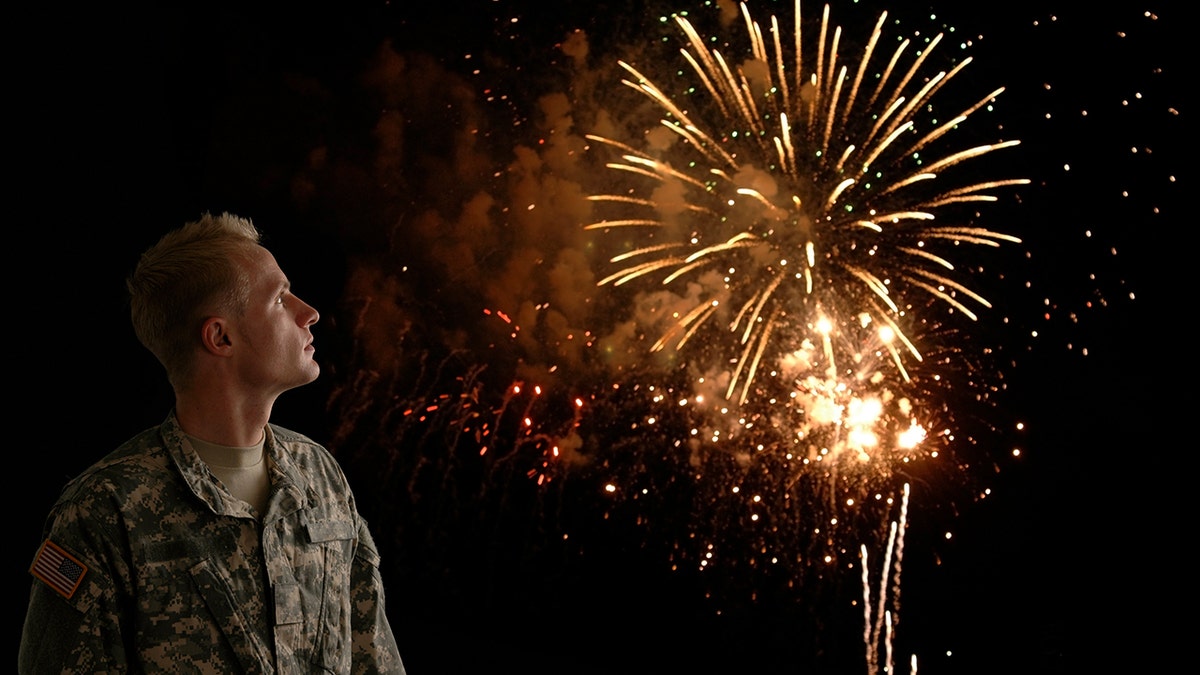
Practicing mindfulness and breathing techniques can come in handy during loud fireworks, an expert said. (iStock)
Scuderi also recommended practicing positive self-talk.
CLICK HERE TO SIGN UP FOR OUR HEALTH NEWSLETTER
“Just reminding yourself that you are in a safe zone can help,” he said.
“Accept your emotions and remind yourself that [fireworks] are startling for anyone, and that you are safe.”
4. Cool the body down
Especially during the hot summer months, Scuderi suggested cooling the body temperature by taking a cold shower or using an ice cube or bag of frozen vegetables on the skin.
For more Health articles, visit www.foxnews/health
“[This] can help with PTSD triggers,” he said.
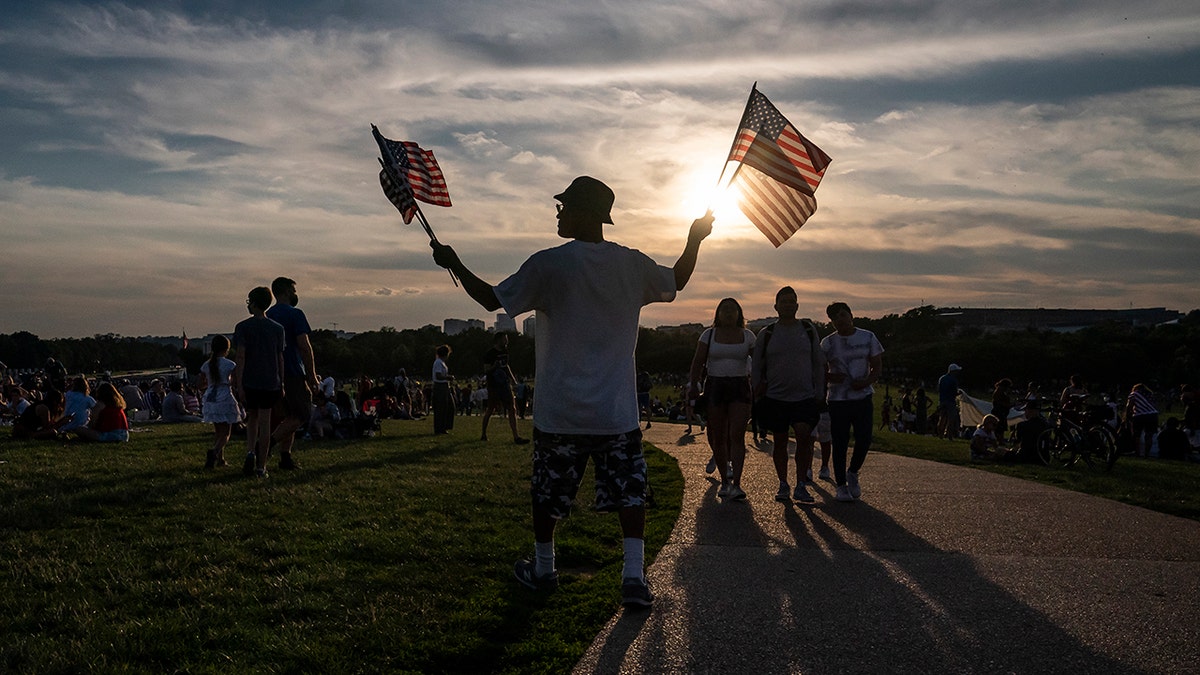
A vendor sells American flags to spectators waiting for the start of the Independence Day firework show at the Washington Monument on July 4, 2022, in Washington, D.C. (Nathan Howard)
Not every PTSD sufferer is the same, Brooks mentioned, as many veterans enjoy Fourth of July fireworks.
For veterans who are struggling with their symptoms, Scuderi suggested reaching out to VA resources like the PTSD Coach mobile app of VA crisis line 1-800-273-8255.
CLICK HERE TO GET THE FOX NEWS APP
“Or talk to your family physician about options for treatment,” he added.

